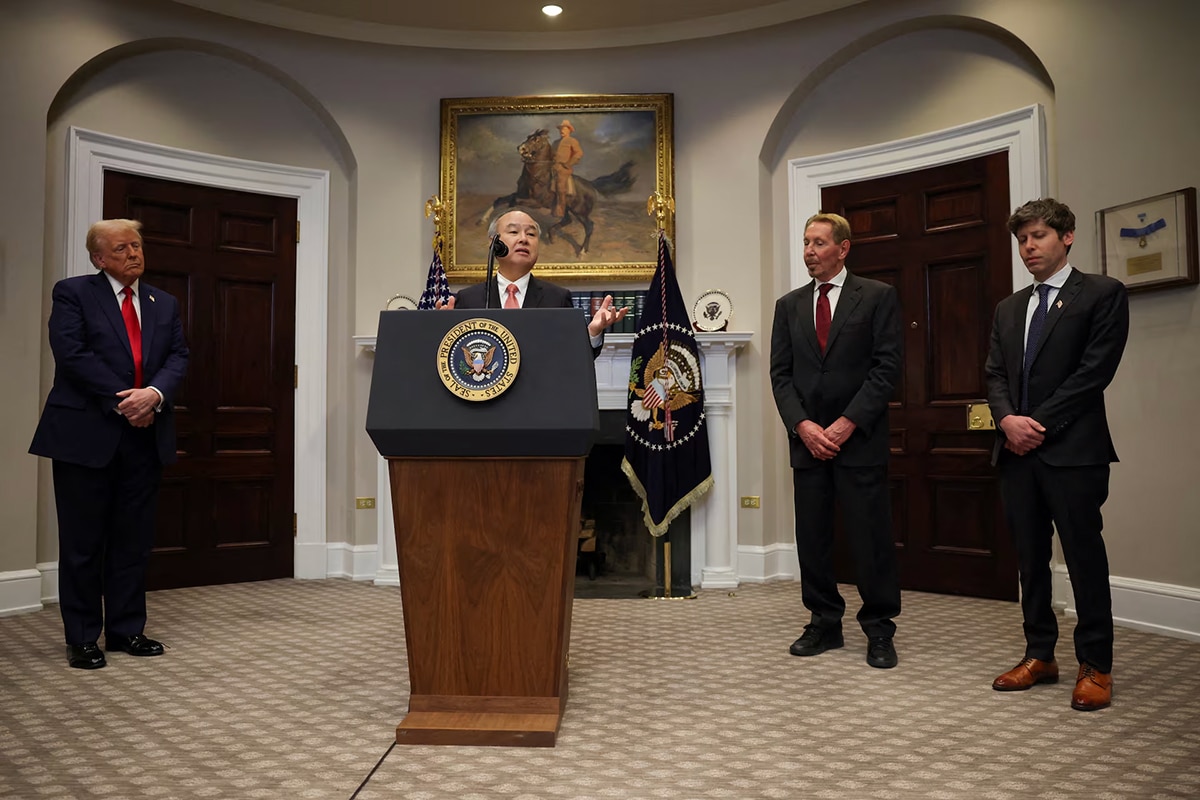China is the top producer of rare earth elements, a group of 17 metals essential to modern technologies in sectors ranging from defence to clean energy. The country is also ahead on technologies for rare earths, which require intense processing to produce usable material.
In the article, the ministry referred to cases where information about rare earths was being collected, which it said were found during Chinese counter-intelligence efforts. It did not name any of the overseas companies or organisations involved.
It said one foreign enterprise had directed its operations in China to use their commercial activities as a cover to gather intelligence and internal data on the country’s rare earths industry chain with “the intention of stealing commercial secrets, and national secrets”.
Agencies under the ministry also found that some overseas institutions were using a third country to recruit experts and teams with the aim of transferring controlled technologies, according to the article. It said that had resulted in a “severe leakage of core technologies”.
The ministry also said some people in China were “lured and enticed by some overseas companies” to engage in the smuggling of controlled rare earth-related items.
It said the overseas companies had cooperated with another nation’s government and military – which it did not name – and that they had trade relations with companies sanctioned by China’s commerce ministry. Some of the companies demanded that the products meet the country’s military procurement standards, according to the article.
“These controlled rare earth-related items were illegally exported and misused, seriously damaging our national interests and posing a threat to national security,” the state security ministry said.
It said controls on rare earth-related items aimed to protect the resources and “promote the sustainable and healthy development” of the industry.
Western countries – led by the United States, Australia, the European Union and Canada – have sought to develop a new rare earths supply chain to reduce dependence on China amid concern over its dominance in the market.
According to the US Geological Survey, China’s share of total rare earths exports fell from some 90 per cent a decade ago to about 70 per cent in 2022.
That came after Beijing introduced a new requirement in August last year for Chinese exporters of gallium and germanium – two technology-critical elements – to obtain licences from the government and share information on their overseas clients and the intended use of the commodities.
China is the world’s largest producer of the two elements, and the move followed Western sanctions on the country’s semiconductor industry.
The commerce ministry said at the time that the export controls were necessary “to safeguard national security and interests”.







